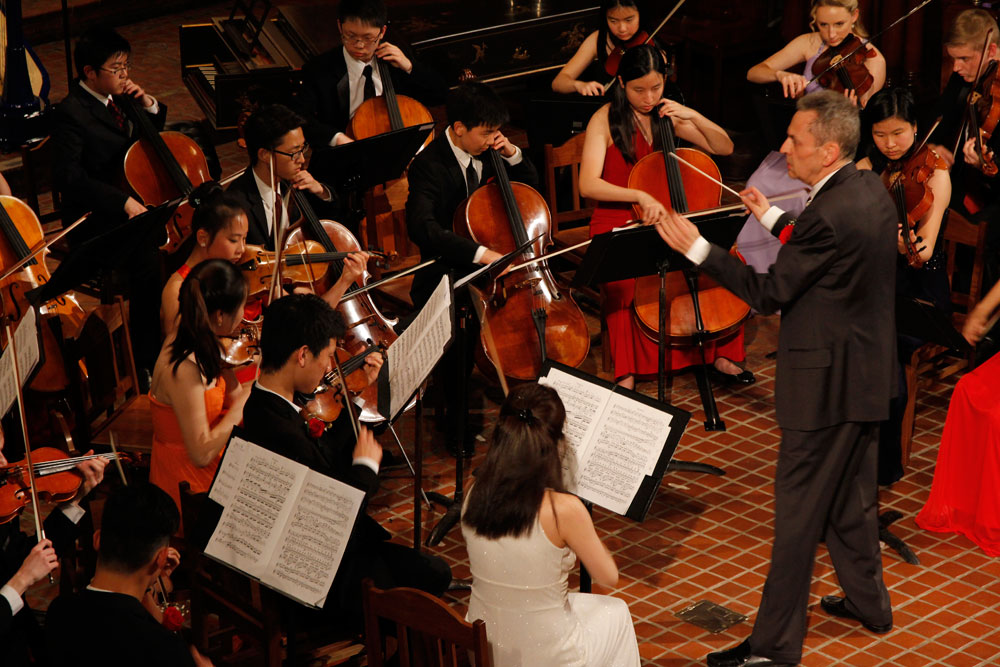In the summertime of 2005, Drexel University’s Music Industry software got a strange telephone name. The caller turned into the owner of a storage center in Philadelphia. He requested if the school would love music studio recordings. He knew of thousands of them in the garage. He stated no one had paid for the storage for a long time.

The guy started the recordings, also called tapes, all had the same call on them: Sigma Sound Studio.
For lovers of Philadelphia funk music, Sigma Sound Studio is a well-known name. In the 1960s and Nineteen Seventies, Sigma Sound helped create “The Sound of Philadelphia.” That special sound is made with strings, horns, and different devices.
The studio released hits like “Disco Inferno” using The Trammps and “When Will I See You Again” by The Three Degrees. The Drexel application became sure it desired the recordings, said Professor Toby Seay. Seay is the challenge director of the college’s sound collections. “The concept was if 7,000 tapes are coming from the Sigma collection, there’s gotta [got to] be appropriate stuff in there,” he said.
They found exceptional tracks consisting of famous artists consisting of David Bowie, Stevie Wonder, and Sly Stone. As Seay and students went via the gathering, they worked to make laptop recordings of it. They knew there was constantly the opportunity of discovering unheard and unreleased treasures.
Seay came upon just that during 2011, while he pulled a tape named “Nat Turner Rebellion” off the shelf. G
“The track becomes known as ‘Tribute to a Slave,’ and it blew me away,” he stated of the 1969 recording. He observed searching for extra work from the band. Nat Turner led a slave rebellion inside the American country of Virginia in 1831. In March, Drexel’s student-run MAD Dragon Records company released the band’s album, referred to as Laugh to Keep From Crying, about 50 years after it turned into recorded. Critics from the New York Times praised the album as “a greeting across eras. Socially conscious, tambourine-shaking funk.”
Joseph Jefferson became the leader of the Nat Turner Rebellion. At 75, he’s the last surviving member of the institution. “There became not a notion in my mind that this could have passed off,” Jefferson advised the Philadelphia Inquirer after the Nat Turner album’s launch. “This is what I desired. Just the recognition for this.”
So far, college students and Seay have listened to and made computer copies of approximately 10 percent of the music inside the series. Dave Moore is a track historian and Philadelphia soul expert. He co-wrote the ebook; There’s That Beat! Guide to the Philly Sound with Jason Thornton.
Moore said the students at Drexel possibly did not even recognize the importance of what they’ve completed. “But,” he stated, “they must have our thankful thank you for what they do in making sure this tune may be preserved and enjoyed for generations to come back.”
I’m John Russell.

